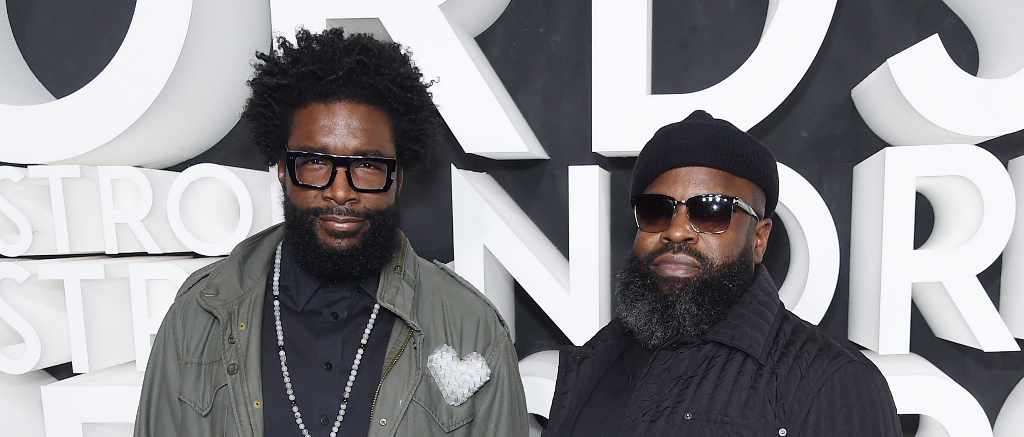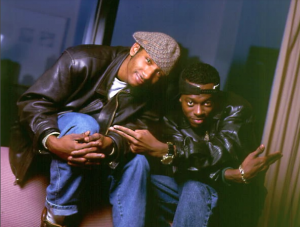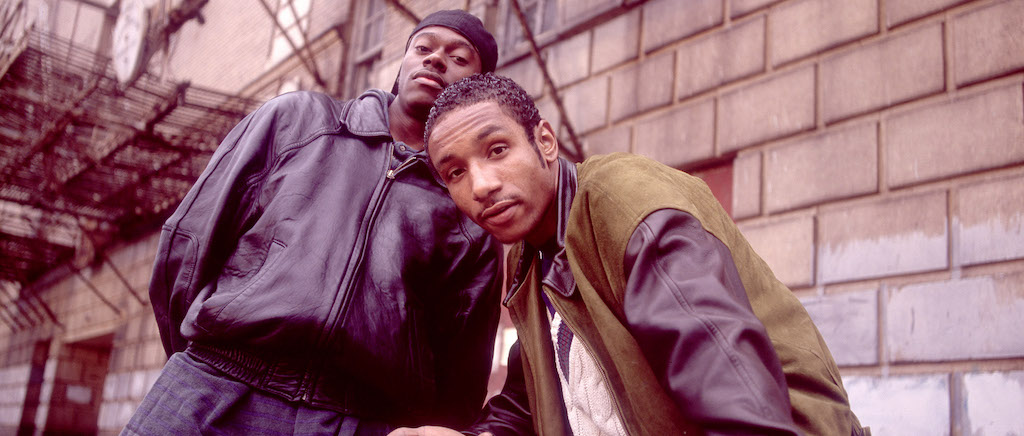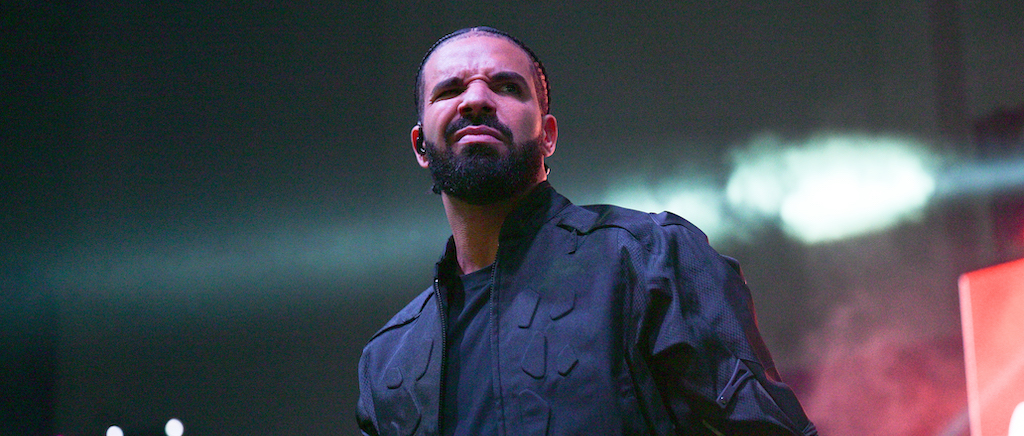
Millions of people have developed the subconscious habit to open TikTok first thing in the morning, and if that’s you, you might notice that TikTok sounds different today, February 1: Drake is among many artists whose catalogs are no longer available under the “Sounds” tab to soundtrack a TikTok.
Here’s why.
Why Aren’t Drake’s Songs On TikTok?
In short, Universal Music Group (UMG) wasn’t bluffing. On Tuesday, January 30, UMG posted an open letter to address its expiring contract with TikTok.
“In our contract renewal discussions, we have been pressing them on three critical issues — appropriate compensation for our artists and songwriters, protecting human artists from the harmful effects of AI, and online safety for TikTok’s users,” it reads, in part. UMG additionally relayed that “TikTok attempted to bully us into accepting a deal worth less than the previous deal” during negotiations, leading to UMG no longer licensing UMG artists’ catalogs to TikTok.
UMG is one of the most vast label umbrellas in music. So, while Drake is signed to Republic Records, Republic falls under the UMG umbrella. Therefore, Drake’s music was stripped from TikTok.
TikTok released its own (much shorter) statement on Tuesday, as seen below:
“It is sad and disappointing that Universal Music Group has put their own greed above the interests of their artists and songwriters.
Despite Universal’s false narrative and rhetoric, the fact is they have chosen to walk away from the powerful support of a platform with well over a billion users that serves as a free promotional and discovery vehicle for their talent.
TikTok has been able to reach ‘artist-first’ agreements with every other label and publisher. Clearly, Universal’s self-serving actions are not in the best interests of artists, songwriters and fans.”

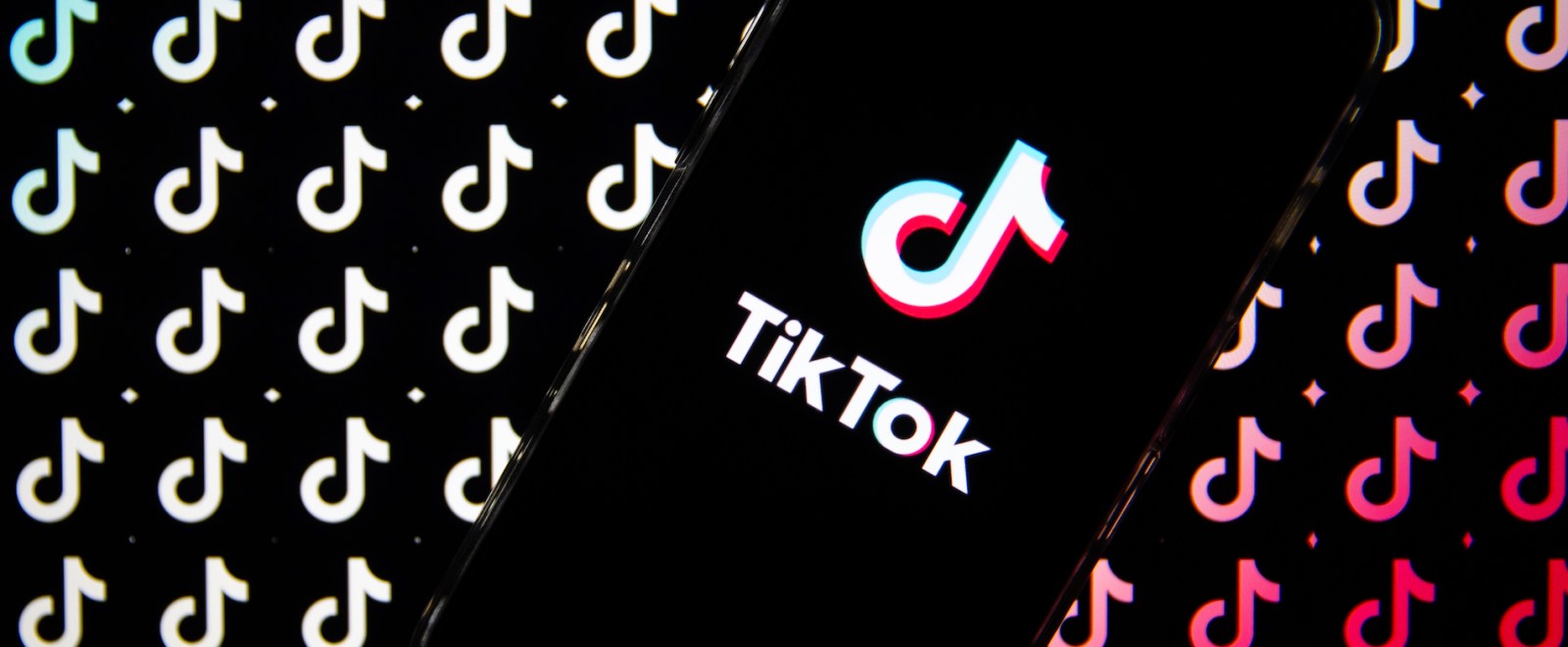
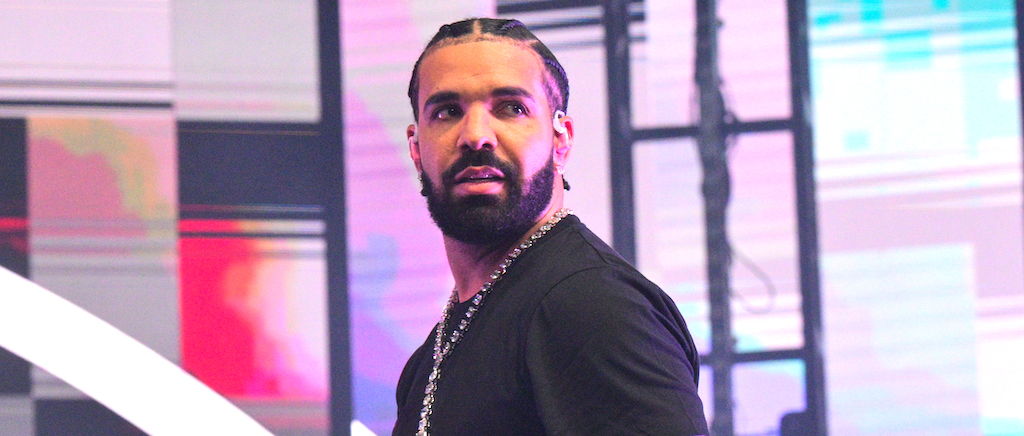

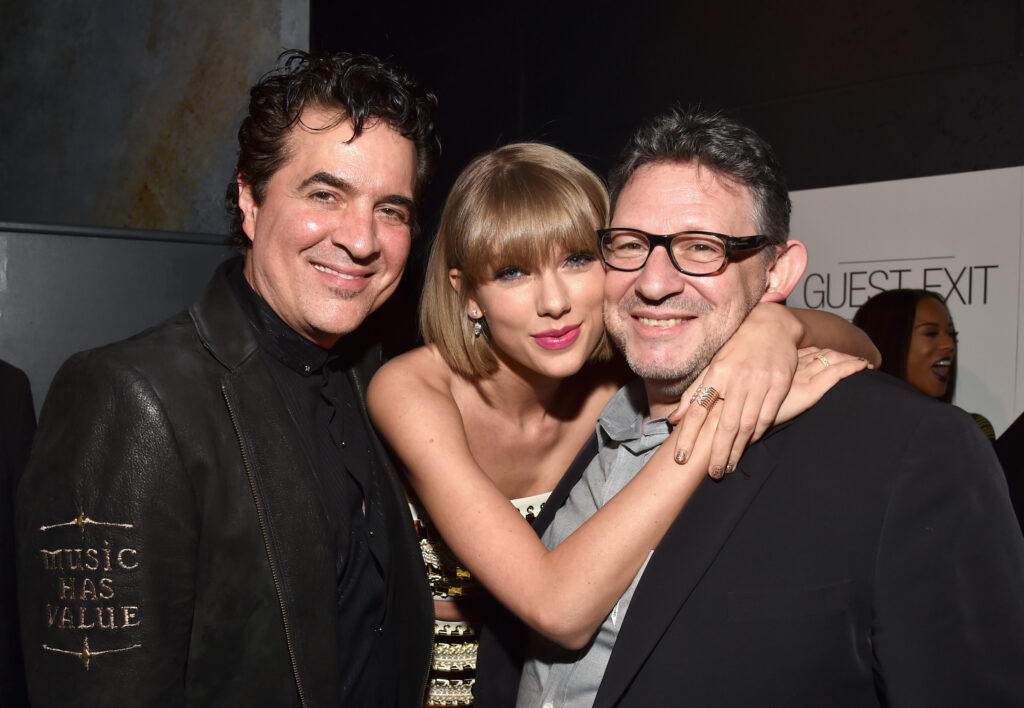
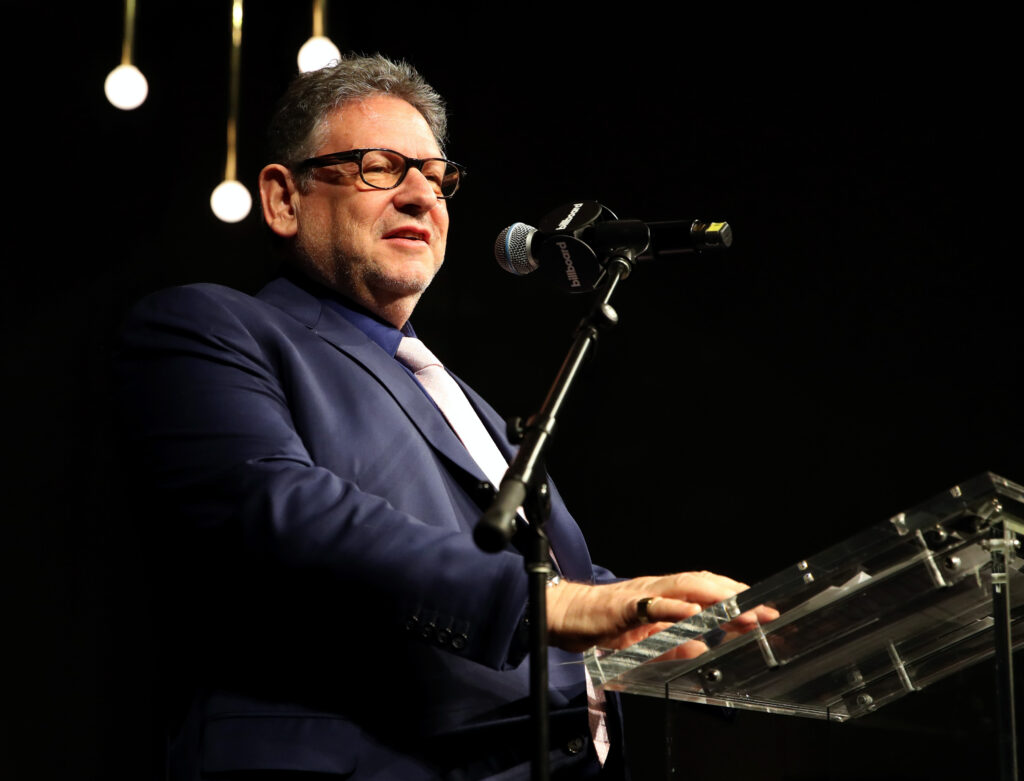
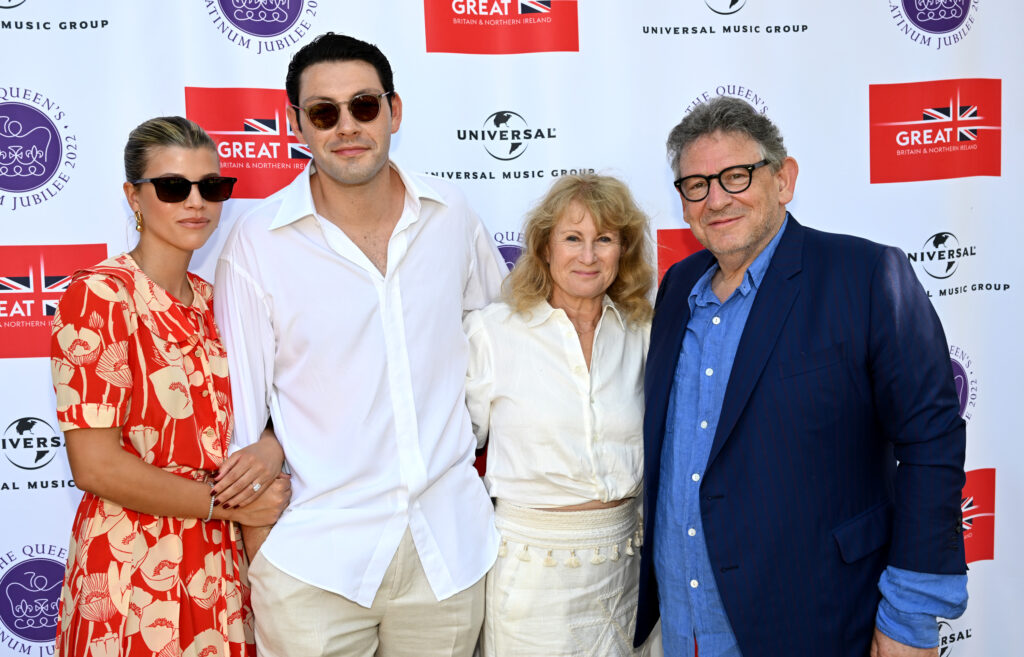
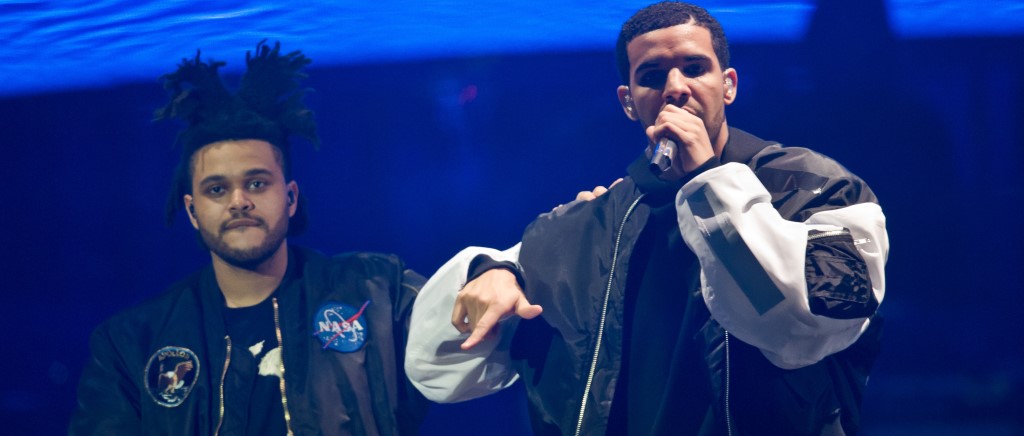

 (@_ShamGod)
(@_ShamGod) 